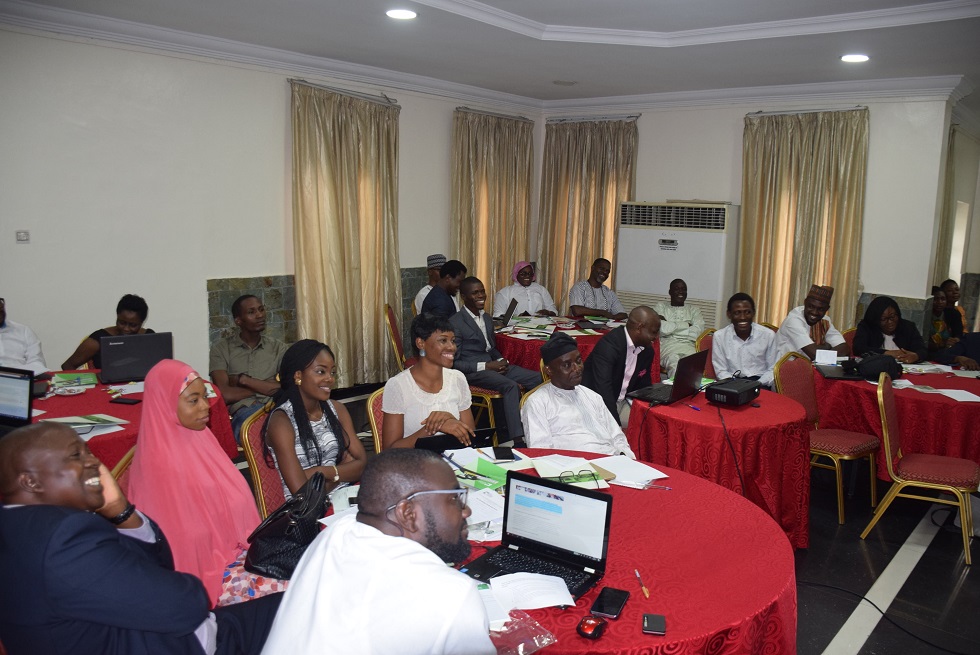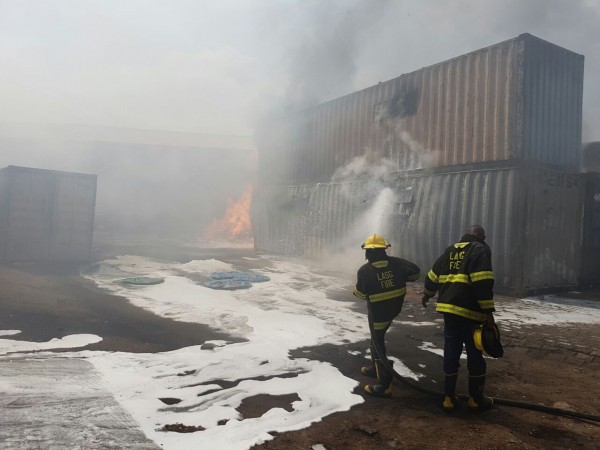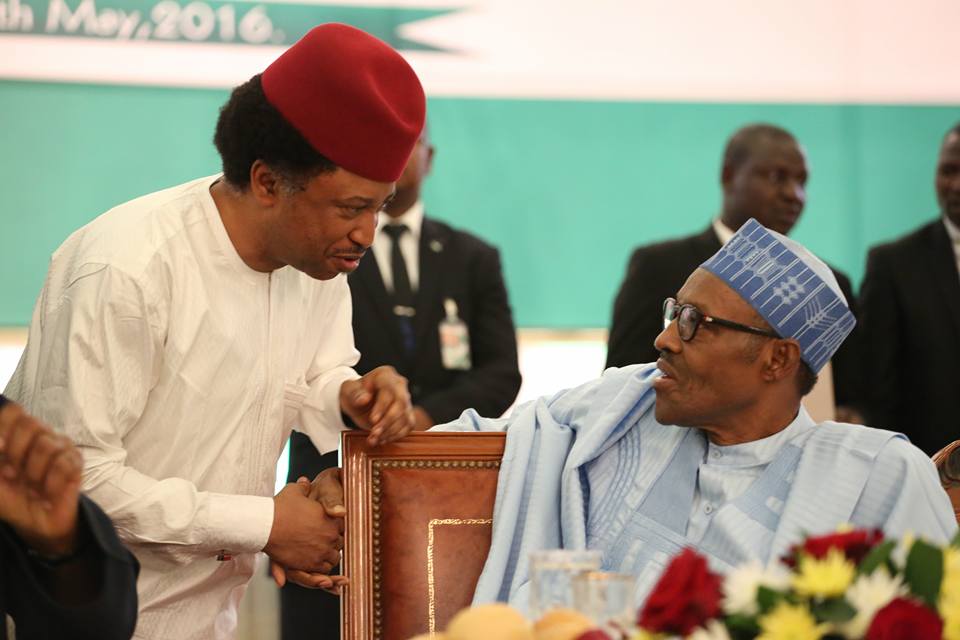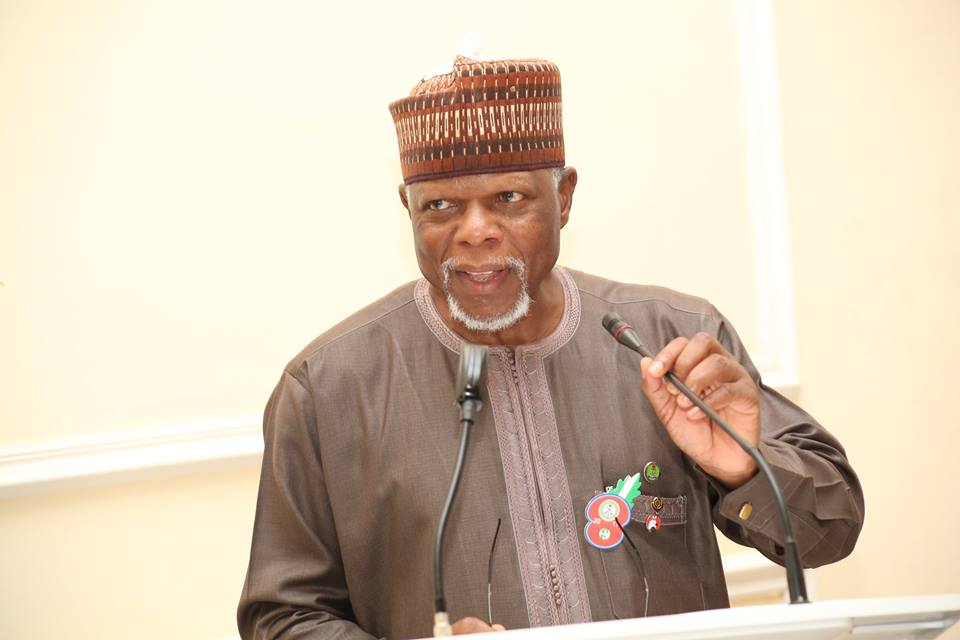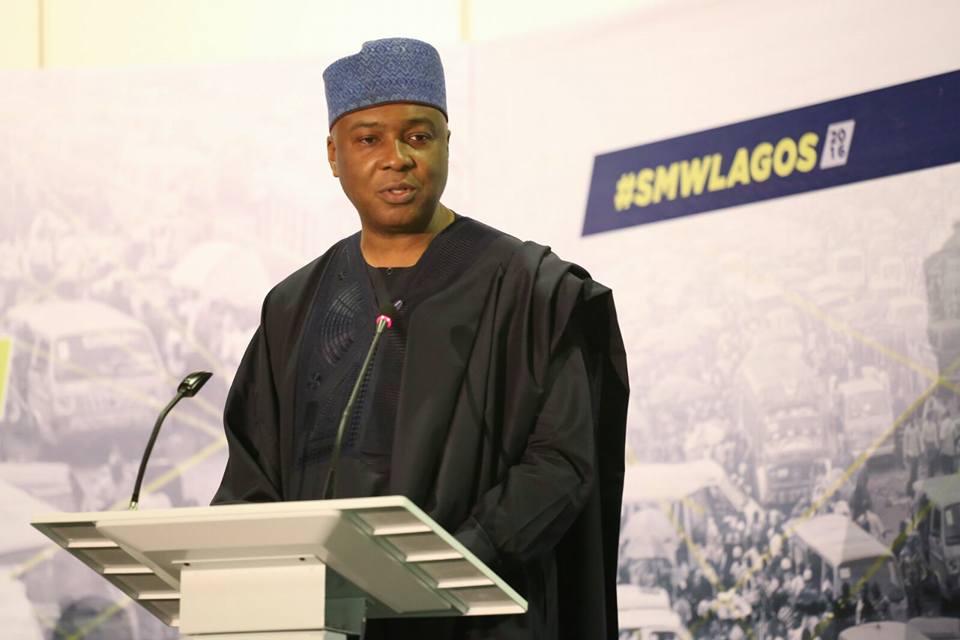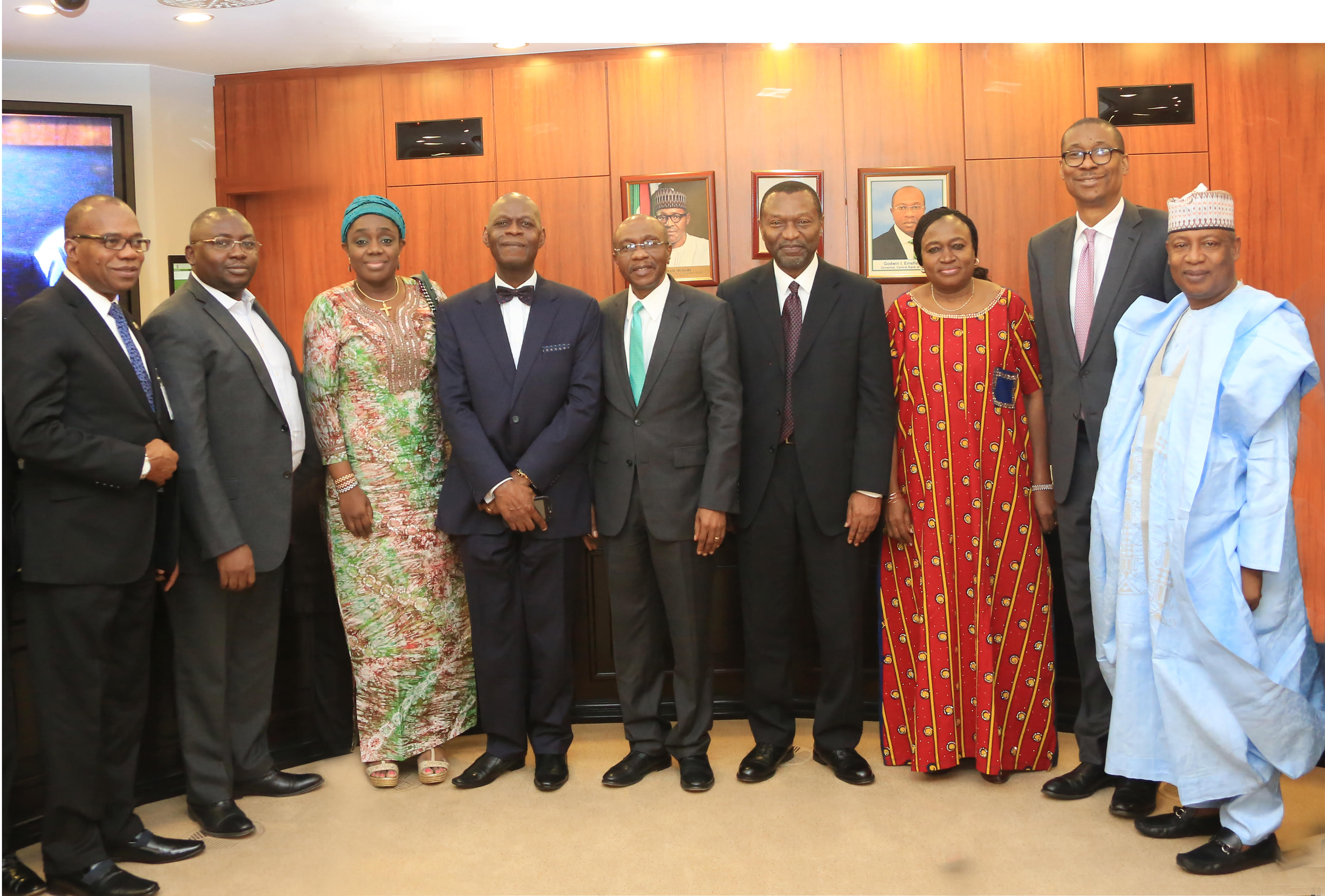Three-time CNN Journalist of the Year, Declan Okpalaeke, and co-founder of BudgIT, Seun Onigbinde, have challenged journalists to deploy investigative reporting and data journalism to promote transparency and good governance in the country.
Both men spoke in Lagos on Friday at the inaugural investigative journalism training organised by the Cable Newspaper Journalism Foundation (CNJF), a not-for-profit organisation and partner of TheCable newspaper.
CNJF is one of the nine organisations that got the OnNigeria grants from the John D. and Catherine T. MacArthur Foundation to advance anti-corruption efforts in Nigeria.
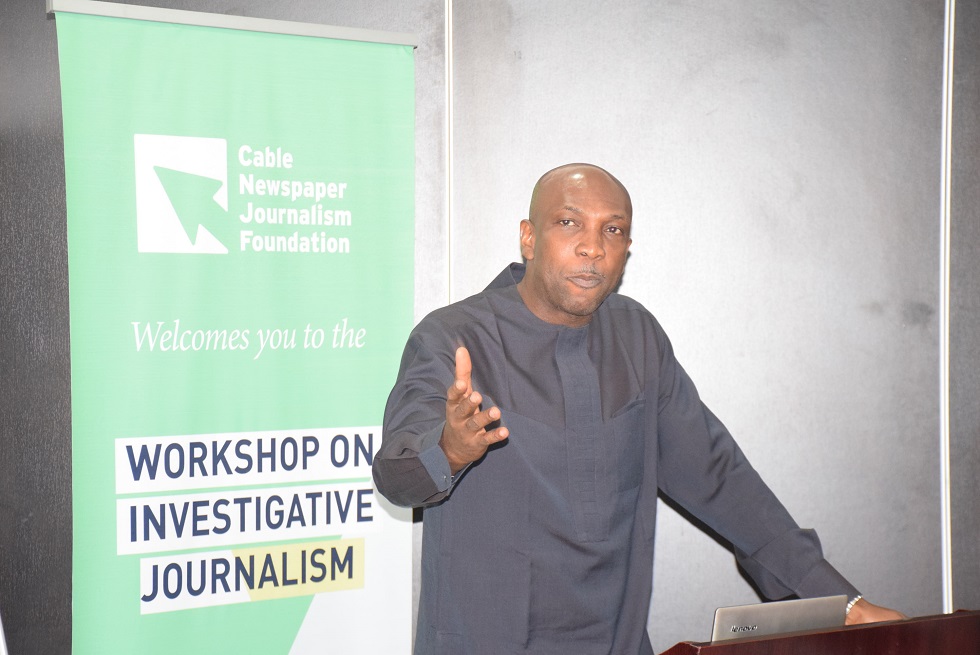
Participants, who came from different parts of the country, were taken through sessions on the rudiments of award-winning investigative reporting as well as the use of data to promote openness in government.
Advertisement
Okpalaeke took participants on the bolts and nuts of investigative journalism, using his personal experience as examples.
He told reporters to first take advantage of their individual beats or area of coverage to develop investigative stories.
“It is only from the knowledge of what should be that you will identify what is wrong,” he said.
Advertisement
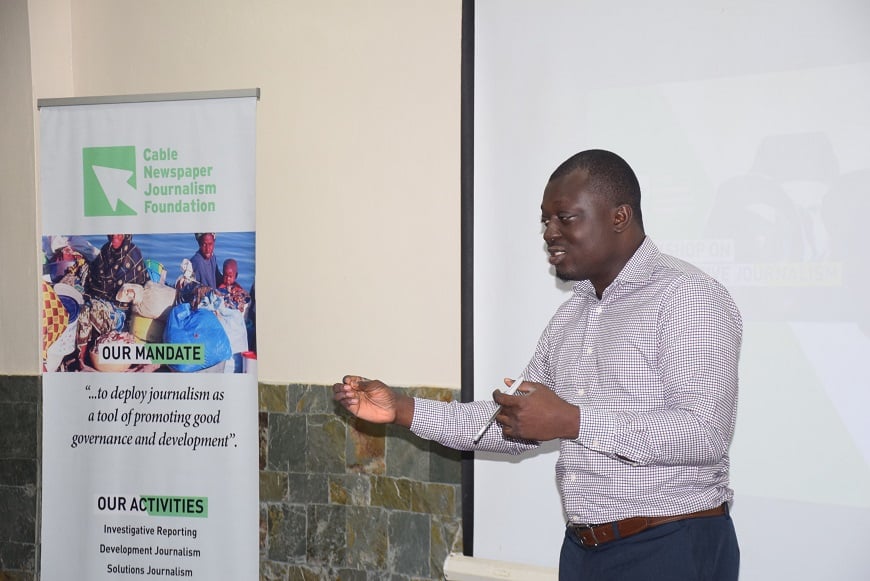
“Journalists must exploit their individual experiences in pursuing investigative stories. They should also use the experiences of friends and family members. You don’t have to rush a good story, take time to plan. Reportorial skill is the strongest skill you have.”
Onigbinde spoke on the relevance of data advising journalists to see data as a tool in story telling.
“Journalists must be multi-faceted in nature. A journalist should be a data analyst, have knowledge of basic programming, possess an analytical mind, and ultimately be a story teller,” he said.
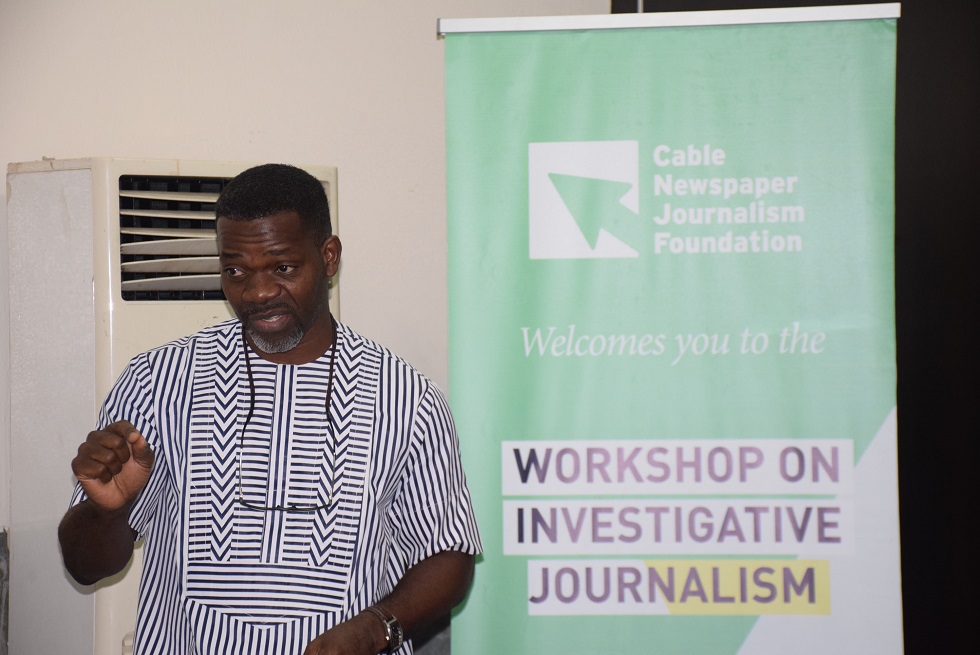
Adekunle Yusuf, assistant editor/head, investigations desk of The Nation newspaper, advised the journalists on how to conceive and propose winning story ideas.
Advertisement
The multiple award-winning investigative journalist, who won the Wole Soyinka Investigative Journalist of the Year in 2015, explained why pitches get nixed, highlighting pitfalls that journalists should avoid while sending story proposals.
“Remember that the first sentence of a pitch is very key. Right from the beginning, your pitch must have a sense of story, details, tension and other story elements,” he said.
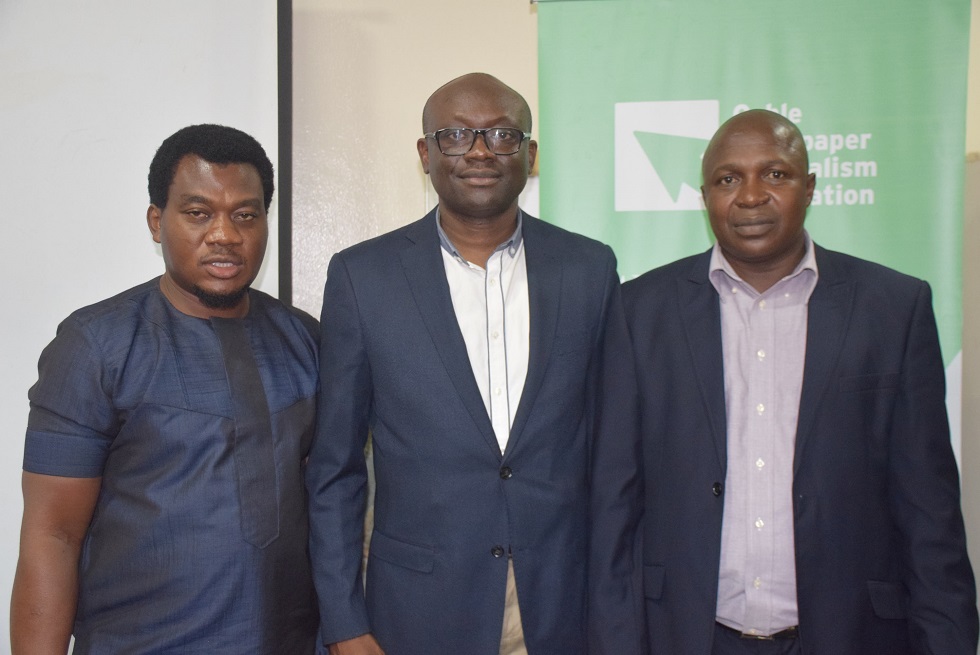
Oladayo Olaide, deputy director, Nigeria office of MacArthur Foundation, was also in attendance.
He said sponsors of the project supported CNJF because of its unique potential.
Advertisement
“We are very pleased to be partnering with Cable Newspaper Journalism Foundation. We can see the opportunities, and that is why the (MacArthur) foundation took the decision to support Cable Newspaper Journalism Foundation,” Olaide said.
He said journalists can drive change by exposing the ills in society — and celebrating the good as well.
Advertisement
Simon Kolawole, CEO of TheCable and executive director of CNJF, told participants that journalists must carefully define their role in making Nigeria a better place rather than just doing a routine job everyday.
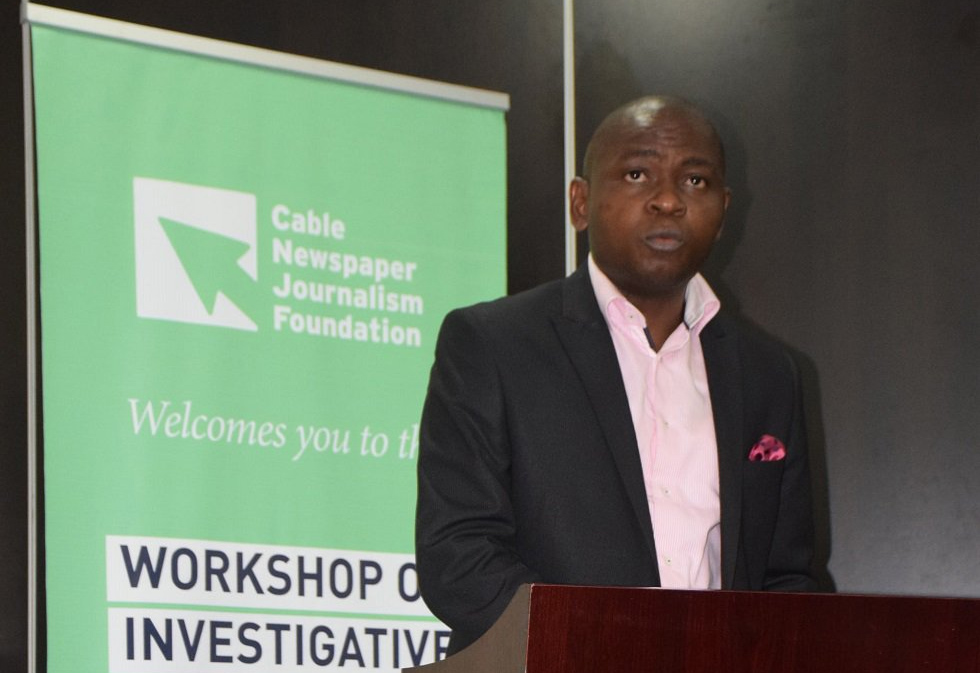
“Our job as journalists is to ask questions, to be skeptical, even cynical about what we are told officially, to go beyond the surface,” he said.
Advertisement
“This project is basically for us to pursue investigative reporting in education and power sectors, especially as it relates to retail corruption — corruption at the low level, as it affects the common people.
“Beyond that, if there is evidence of good developments, we are also going to report them.That’s solutions journalism. We are not prophets of doom. At TheCable, we don’t want to stop at saying there is a problem — we also want to be part of the solution.”
Advertisement
O’Femi Kolawole, the CNJF programme director, urged the journalists to draw from the wealth of knowledge and experience at the training.
He pledged the commitment of the foundation to excellence, and challenged those involved in the project to have this at the back of their minds.
Add a comment

